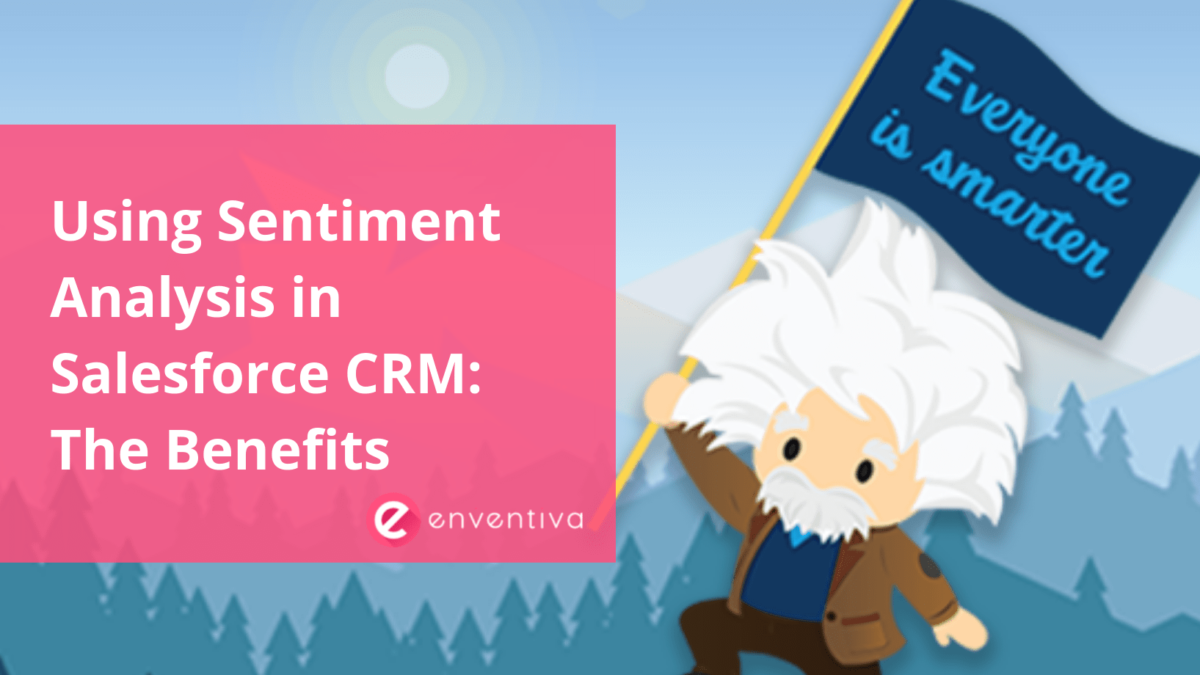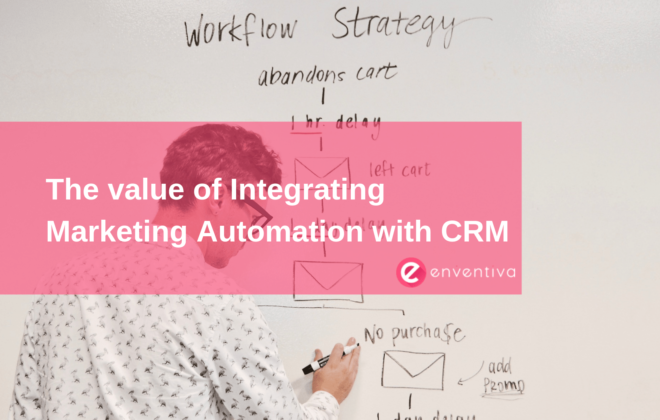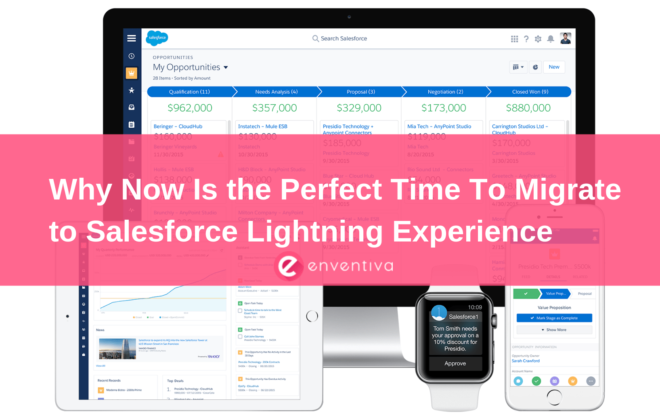What Is Sentiment Analysis and Why It Is Important for CRM Applications?
Wherever they look, companies are surrounded by unstructured data, such as customer’s emails, meeting notes, social media comments, not to mention images and videos. Many tools exist to collect and store such data. But without further analysis, this raw data gets very few, if any value for a business.
So how can companies convert this data into useful and actionable information? With the emergence of natural language processing (NLP) techniques, text analysis has become more and more accurate. Today, it’s quite easy to extract some meaning from unstructured data.
However, one big barrier was remaining, until recently: for machines, it was hard to identify the dominant opinion in a text. This approach, known as sentiment analysis or opinion mining, has been a long-time challenge for computer scientists. Tools based only on lexical analysis showed poor results, because they were unable to take key parameters into account, like the context or the local culture.
Thanks to the democratization of advanced artificial intelligence techniques, such as machine learning, great progress has been made in this area. Now, systems can be trained to recognize if a sentence has a positive, neutral, negative or mixed tone, and the good news is that their accuracy rate improves over time.
How Is It Supported in Salesforce Cloud Platform?
Thanks to the Einstein Sentiment Analysis API, opinion mining tools can now be embedded directly inside Salesforce applications. For users, this means that they can perform accurate sentiment analysis whenever and wherever they need.
This API has two complementary features: Einstein Intent is a set of text mining algorithms, which can be used to understand the global meaning of the text. Einstein Vision is an image analysis tool, which can recognize and count objects on a picture.
Einstein Sentiment Analysis API returns two sets of values: a sentiment and a probability. The sentiment tells the user what is the dominant tone of a message, and the probability reflects the level of confidence from the system.
Where and When to Use Einstein Sentiment Analysis?
One key advantage of using the Salesforce Platform is that all your exchanges with your prospects and customers are tracked and stored at the same place. Applying sentiment analysis to this data can improve a lot of CRM processes and deliver solid benefits.
For example, when your company launches a new product or service offering, you can use opinion mining to get an overview of how it is received by your customers and your market. With the Social Studio of Salesforce Marketing Cloud, you can listen what your customers are saying on social media. If someone is talking about your company or your products in a very positive manner, you can ask them to become brand ambassadors. At the opposite, when a negative comment appears, sentiment analysis can trigger an alert, so that your community managers can react quickly and try to understand the reasons behind the discontent.
On Salesforce Sales Cloud, these techniques can be used to assess the level of interest of a lead and understand its main concerns, without having to browse all available information manually. Your sales teams can then engage more personalized interactions, focused on the current issues faced by a prospect. This way, they can close more deals.
The Key for a Proactive Customer Service
Customer Service is another key area where sentiment analysis can bring a lot of value and improve the global customer experience. Sentiment analysis allows your employees to be more efficient and proactive while answering customers’ requests. For example, it can be used to route emails according to the tone employed, in order to let experienced employees manage difficult cases. Opinion mining can also be used to monitor negative reviews. When a customer is unsatisfied with one of your products, you can offer him a reimbursement or a product replacement. If the complaints start to increase, you can ask your product teams to investigate the case and if needed,
Sentiment analysis still has a few limits. In fact, algorithms are not so good to identify irony and sarcasm. But this kind of tone is rarely used in direct interactions with customers. In the whole CRM field, the advantages exceed by far the limitations, making opinion mining a powerful ally for all your teams.






